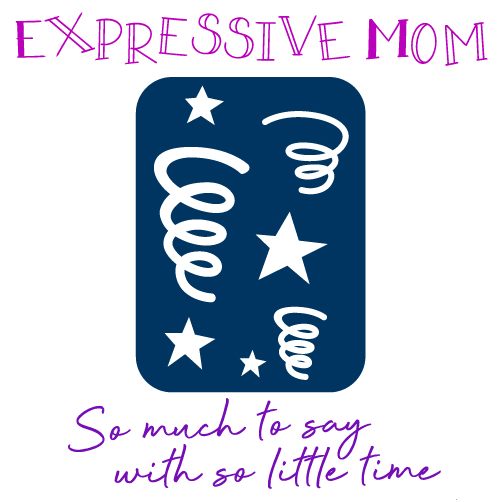I had the pleasure to speak with Nell Minow, a.k.a Movie Mom to speak about her purpose. This is what she had to say:
I’ve been reviewing movies and DVDs as The Movie Mom since 1995 and on the radio across the country since 2000. These are the three questions I get asked most often:
Why is it that in most Disney movies or really any movie featuring a child in the lead role, the child is missing one or both parents?
This is often much more troubling for parents than for kids, though some children will ask what happened to Heidi’s parents or Dorothy’s parents or become upset when the parents are killed in The Witches and James and the Giant Peach. Even in movies where the child has loving parents, they are physically separated for the course of the movie, as in Home Alone, Peter Pan, and Pinocchio.
Adults who watch these films and are at a stage of life when they have reason to be concerned about losing their own parents are sometimes upset at this consistent theme and wonder if there is some sort of maliciousness behind it. There isn’t. Parents are missing in children’s films for two reasons. First, it is very hard to place a child in the middle of the action if a parent is there to protect and warn him. It removes most of the narrative momentum. You can just hear Dorothy’s mother telling her she can’t go to Oz because she has homework to do and anyway she should not talk to strangers. Second, it is impossible to inject romance into a movie about a child. And a single parent provides the potential for a romantic happy ending to appeal to a broader audience. Watch almost any Shirley Temple movie and you will see what I mean.
My child wants to watch the same movie over and over, as much as two or three times a day. What do I do?
Many parents have this problem. In some cases, children re-watch movies to help them understand the story. In others, like a security blanket or a favorite toy, a particular video becomes almost a “transitional object” for some children, especially when they are facing some unusual stress, either from external sources (family changes, illness, starting preschool) or internal (going through some developmental stage). I recommend respecting a child’s attachment, but imposing limits, such as watching the movie no more than once a day and then only if there is time. This stage will pass.
For some kids, it returns at the next huge developmental leap in the early teen years. As everything seems to be unfamiliar to adolescents, even themselves, the predictability and familiarity of a favorite movie becomes even more appealing, especially when friends share the connection to the film as well.
What do I say when my child says, “Everyone but me has seen it?” Won’t I harm his/her social standing?
We don’t raise kids by lowest common denominator. One of the greatest gifts you can give your kids is the lesson that appeals based on what everyone else does never work. Parents who are susceptible to such appeals teach kids that they can justify their behavior by saying, “Everyone else smokes weed (or shoplifts, or has sex) and everyone else will think I’m a dork if I don’t.” If you hold firm, your kids may not agree with you, but they will understand that you love them enough to establish limits to protect them. And of course it is crucial to set an example for your kids. If they see you doing what everyone else does, they will think that is the right way to decide what to do. If other kids’ parents permit their kids to see inappropriate films, we feel sorry for them, but we don’t sink down to their level.
Teach kids that cultivating an expression (and a feeling) of smug superiority when other people try to make you feel bad for not doing something you shouldn’t be doing anyway is a wonderful skill to develop, and now is a great time to start. You can use some of the movies in this book to provide excellent examples of individuals who do the right thing despite peer pressure (12 Angry Men, Erin Brockovich, Remember the Titans, or High Noon, for example).
And my three most important rules: (1) No screen time or devices during meals or on car rides less than an hour. Thoughtful conversation and the ability to entertain yourself are crucial life skills. (2) No screens in a child’s bedroom. Make sure you monitor what they are watching. (3) Model good behavior yourself. Let them see you get excited about a book. That is a gift they will cherish always.
THE MOVIE MOM® is a registered trademark of Nell Minow. Use of the mark without express consent from Nell Minow constitutes trademark infringement and unfair competition in violation of federal and state laws. All material copyright Nell Minow 2017, all rights reserved.
Go follow Nell at http://www.moviemom.com.




Connect With Me !